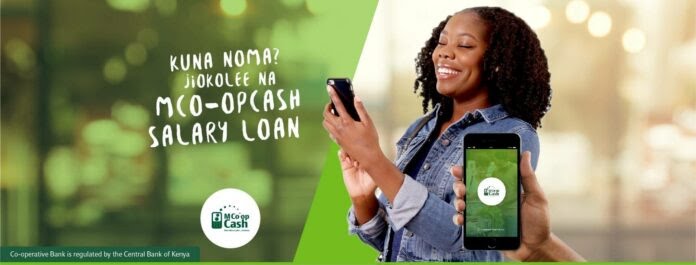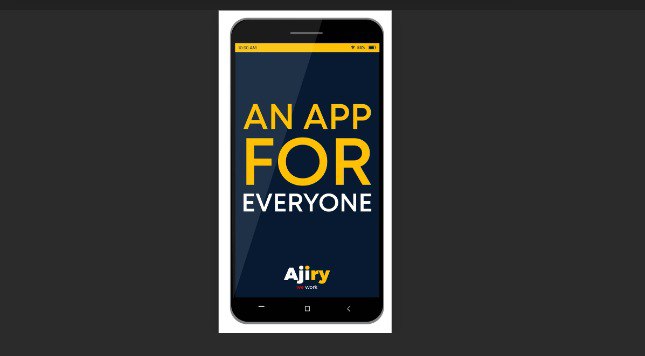MEXICO CITY (Reuters) – Uber Technologies Inc is partnering with bank BBVA and payments processor Mastercard to launch a debit card for drivers in Mexico, an Uber executive said on Tuesday, the company’s latest gambit to promote banking in a country that runs on cash.
FILE PHOTO: A man walks by under an Uber logo in Mexico City, Mexico February 6, 2018. REUTERS/Carlos Jasso/File Photo
“Uber supports the extension of financial services in the country,” Federico Ranero, Uber Mexico’s general manager, said at an event announcing the program.
The launch marks the first time that Uber has offered such a card outside of the United States, Ranero said. The debit card will be rolled out in six cities, including Mexico City, Tijuana, Monterrey, Puebla, Merida and Guadalajara, and will eventually be extended to the rest of Mexico.
Drivers will not pay any commissions for use of the card, said Carlos Lopez-Moctezuma, head of open banking at BBVA.
Uber and other tech companies have had to find new ways to do business in Mexico, where more than half of the population is unbanked. Even Mexican President Andres Manuel Lopez Obrador frequently remarks during his speeches that he does not use a checking account or credit card.
Uber already acts as a hook to lure people into the financial system, Ranero said. Uber drivers must have a bank account to receive their earnings, and about 35% of the company’s workforce in Mexico opened an account expressly for that purpose, he said.
As a result of the partnership with BBVA, drivers will be able to open their accounts in the Uber app, without setting foot in a bank, Lopez-Moctezuma said. Many experts blame long lines at banks and a shortage of rural branches for Mexico’s low banking rates.
Uber has also sought to reach riders who do not have bank accounts by accepting cash fares, but the policy has been met with resistance. In late April, Mexico City’s government issued rules that prohibit cash payments for ride-hailing services and require drivers to register with the city, among other measures.
In an interview after the event, Ranero said the company is seeking to discuss the issue with city regulators but will continue to accept cash fares in the meantime.
“We believe this is a constitutional right of our riders and drivers,” he said.
Reporting by Julia Love; Writing by Anthony Esposito; editing by David Alire Garcia, Jonathan Oatis and Susan Thomas
















